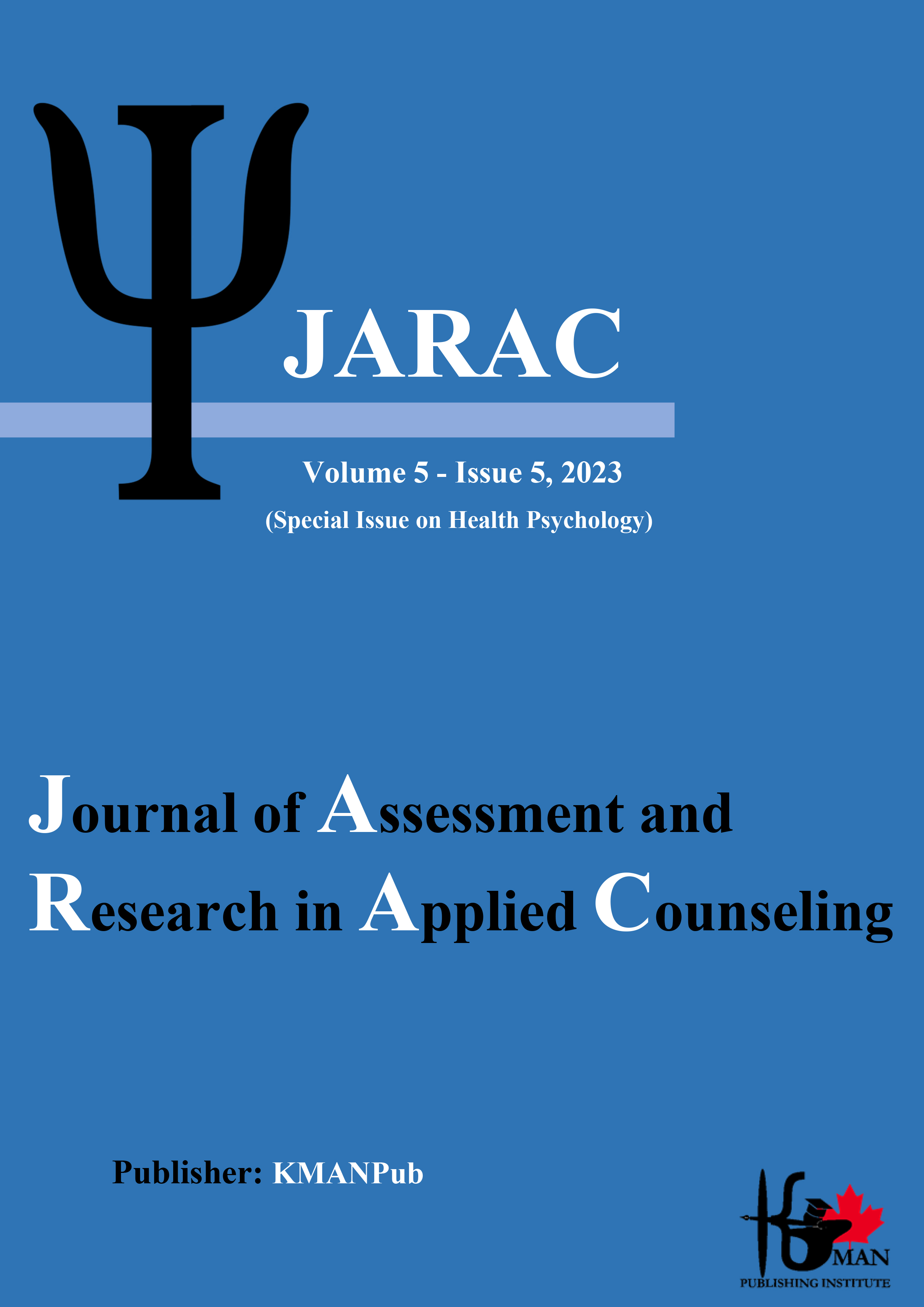Comparison of the Effectiveness of Cognitive-Behavioral Play Therapy and Resilience-Based Play Therapy on Anxiety in Children Aged 6 to 8 Undergoing Dental Treatment
Abstract
Objective: This study aimed to compare the effectiveness of cognitive-behavioral play therapy and resilience-based play therapy on anxiety in children aged 6 to 8 undergoing dental treatment.
Materials and Methods: The present study was a quasi-experimental design with pre-test, post-test, and control group with a follow-up period. The study population included all children aged 6 to 8 who visited dental clinics in Isfahan in the first half of the year 2022, from which 45 children were selected through purposive sampling according to the entry criteria and randomly assigned to three equal groups of 15. Data collection was performed using the Spence Children's Anxiety Scale - Short Form (Ahlen et al., 2018). The cognitive-behavioral play therapy sessions were based on the protocol of Hall, Kaduson, and Schaefer (2002), and the resilience-based play therapy sessions were based on the protocol of Nick Nashan and colleagues (2019), conducted over 8 sessions (one session per week) each lasting 60 minutes for the experimental groups, but not for the control group. Data analysis was conducted using descriptive statistics and mixed ANOVA with SPSS-26 software.
Findings: The results showed that therapeutic interventions (cognitive-behavioral and resilience-based play therapy) were significantly more effective than the control group in improving anxiety scores (P<0.001) and emotional expressiveness (P<0.001). Furthermore, the results indicated that cognitive-behavioral play therapy had a greater effect on reducing anxiety scores in children undergoing dental treatment compared to resilience-based play therapy (P<0.05).
Conclusion: These findings further highlight the role of play therapy in children undergoing dental treatment and the necessity of utilizing therapeutic approaches derived from the cognitive-behavioral approach to moderate these children's symptoms.
Downloads
Downloads
Additional Files
Published
Issue
Section
License
Copyright (c) 2023 Seyed Hasan Hosseini Dastjerdi, Amir Panah Ali, Masoumeh Azmoudeh, Elaheh Molavi (Author)

This work is licensed under a Creative Commons Attribution-NonCommercial 4.0 International License.








































